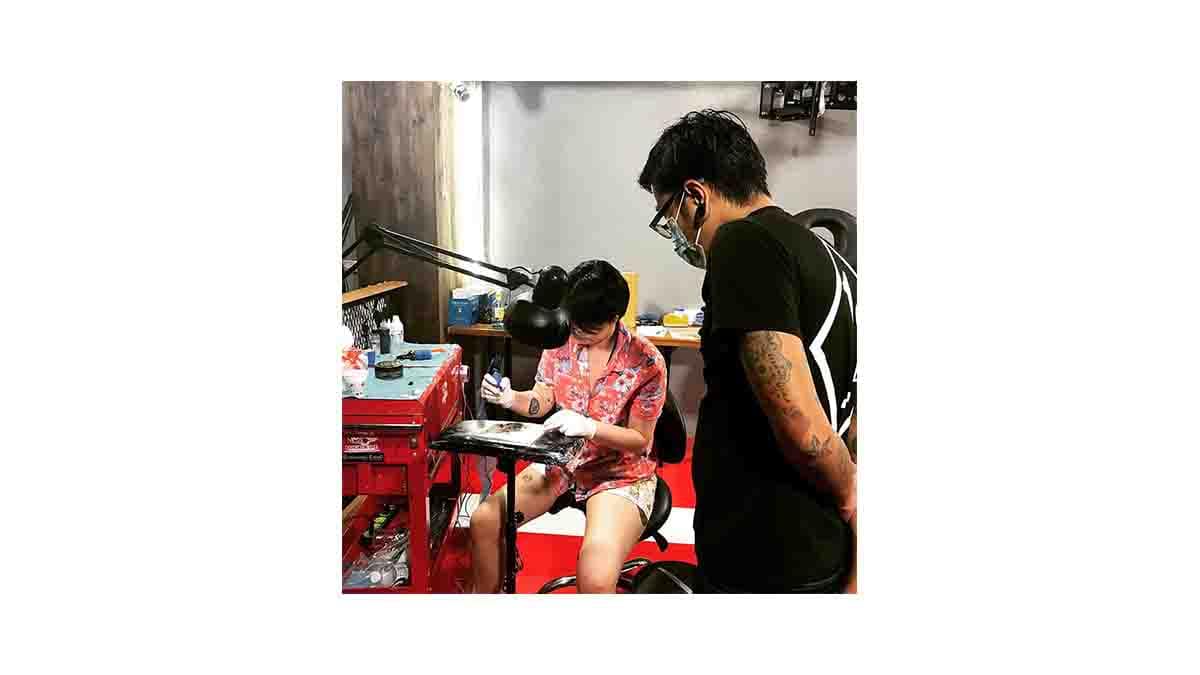Becoming a professional tennis player calls for a lot of hard work and commitment.
Roughly 1.71% of the global population is comprised of tennis players. There are 59% male and 41% female players.
Thus, this article explains the top tips to become a professional tennis player, the career path, and the associated FAQs.
Who is a Tennis Player?
A tennis player is someone who engages in tennis, whether for professional or recreational purposes.
What You Should Know To Become A Professional Tennis Player:
1. Coach:
Tennis coaches teach the sport to newcomers, hone the abilities of seasoned players, and prepare pupils for tournament play.
They oversee tennis lessons’ scheduling for individuals and groups, create individualized workout plans for each student, and assess each player’s progress.
You can think of your coach as your leading advisor and mentor. Pick a trainer who has worked with professional athletes and is familiar with your desired outcomes.
2. Fitness Trainer:
The Fitness Trainer will lead classes or work with individuals on their workout routines, demonstrating proper form and technique while providing feedback on improvement.
A personal trainer can assist you in creating a unique strength and conditioning plan. They will make sure you maintain a healthy body and avoid any injuries.
3. Physiotherapist:
Physiotherapists are healthcare professionals who use movement and exercise, manual treatment, education, and guidance to aid those harmed by accident, sickness, or handicap.
They aid patients of all ages in avoiding illness and controlling their discomfort. Here are some of the tips to have in mind while working with a physiotherapist:
i. Strength and Conditioning:
Understand tennis-specific strength and conditioning training. Contact a personal trainer to create a routine specifically for you.
ii. Injury Prevention:
Focus on staying healthy by warming up before games and practices, donning supportive footwear, and paying attention to your body. If your pain or discomfort persists, you should see a doctor.
iii. Proper Nutrition:
Achieve your full potential by feeding your body a nutritious, well-balanced diet. Consume protein, carbs, healthy fats, and drink plenty of water.
iv. Rest and Recovery:
Give players time to recharge between games and workouts. Overuse injuries can be avoided, and the body can be prepared for the next challenge.
4. Sports Psychologist:
Tennis relies heavily on one’s mental game. A sports psychologist can help you prepare your mind for competition, deal with stress, and maintain concentration.
Most jobs in the field of sports psychology involve counseling players on issues like self-motivation, stress reduction, visualization, and efficient teamwork.
5. Agent:
A tennis agent can help you secure lucrative sponsorship and endorsement deals with major corporations.
An agent can assist you in negotiating contracts, securing sponsorships, and managing your professional brand as your career develops.
Top Skills and Training for Aspiring Tennis Players
It takes diverse abilities to make it as a professional tennis player.
It requires more than just bat and ball coordination to be successful. Listed below are some must-have abilities:
1. Forehand and Backhand:
Your game revolves around your forehand and backhand. You must practice your form and consistency with the shot to use these effectively in matches.
2. Serve:
Having a reliable service can help you win more games. Regular practice will help you increase your serve’s accuracy, power, and placement.
3. Volleys:
For a game of net, you need a good volley. Get comfortable at the net and hone your reflexes by practicing your volleys.
4. Footwork and Agility:
In tennis, winning relies heavily on quick feet. You must improve your speed, agility, and lateral movement to catch every ball and keep your balance while playing.
5. Fitness and Endurance:
Tennis is a very tough sport physically. Consistent aerobic and weight training can improve strength, stamina, and endurance.
6. Tactical Awareness:
Learn the ropes and hone your strategy. Figure out where your opponent will shoot from and how you may best position yourself to respond.
How To Find a Coach To Become a Professional Player:
If you want to improve as a tennis player, hiring a coach is necessary.
A coach can help guide, advise, and encourage you on your journey. Find a coach and a suitable training location by following these suggestions:
1. Research:
Find local coaches who have worked with other professional-level athletes and ask them for recommendations. Find a coach who has a history of producing winning players.
2. Compatibility:
It’s crucial to find a coach with whom you click and who has a firm grasp on your aims and where you want to go. Try out potential trainers with a trial session to discover if you click.
3. Training Facility:
Consider the training facility where the coach operates. Look for facilities with good court conditions, training equipment, and a supportive training environment.
4. Cost and Commitment:
Consider the time and money you’ll need to invest in a coach. Find out their training philosophy, how much they charge per session, and how often they require you to exercise.
How To Participate in Local and Regional Tournaments
1. Research Tournaments:
Try to find national and regional competitions suitable for your current level of play and future plans. To find the best tournament for you, research rankings and schedules.
2. Preparation:
Work closely with your coach as the competition date approaches. Create an action plan, drill targeted methods, and concentrate on problem areas.
3. Match Play:
Think of every game as a chance to improve. Think about how you could have done better and make adjustments based on that analysis.
4. Networking:
Meeting other players, coaches, and tennis pros during tournaments is a terrific way to expand your professional network. Make friends in the tennis world and pick their brains for helpful information.
How to Become a Professional Tennis Player
Making the jump from amateur to professional tennis is a difficult but rewarding experience. Focus, hone your abilities, and build a strong network of allies to help you succeed.
Here are the tips on how to participate at the professional level:
1. Be Ready For Growth:
Think about how prepared you are to enter the working world.
Think about where you stood, how the matches went, and how well you did. If you’re unsure if you’re ready to move forward, talk to your coach and other reliable people.
2. Finance is Key:
Recognize the monetary demands of making the transition to professional status. The costs associated with pursuing a professional tennis career should be carefully considered.
3. Seeking Sponsorship:
Think about pursuing sponsorship to help fund your tennis career. Find area companies, sports teams, and tennis clubs that share your beliefs and aims, and approach them about forming a collaboration.
4. Grow With a Team:
As you enter the working world, you must establish a solid network of people who can help you succeed. A sports psychologist, physiotherapist, fitness instructor, and coach might all fall under this category.
5. Plan for Travel:
There is a lot of traveling involved in professional tennis. Think through where you’ll stay, how you’ll get around, and when your matches will be played.
FAQs on How to Become a Professional Tennis Player
About 5 years
No, the combination of passion and diligent effort is vital.
Yes.
Conclusion
Tennis is extremely challenging to master because it necessitates a high level of hand-eye coordination and flexibility, agility, strength, and speed.
The mental side of the game, as well as the various shots that players must master, is widely regarded as the most challenging aspect of the sport.
Awesome one; I hope this article answers your question.
Editor’s Recommendations:
- Is Online Forklift Certification Legit? (Yes/No, Worth, FAQs)
- How To Get ASE Certification (Benefits, Steps, FAQs)
- 9 Best Certifications For Remote Jobs (Tips, FAQs)
- How To Become A CIMI (Certification, Cost, FAQs)
- 15 Free Online Government Certifications In 2023 (FAQs)
- Post-doctoral Certificate (Meaning, duration, careers)
- Bonafide Certificate (Meaning, Types, Uses, Application)
- What is 19A Certification? How to Get (Steps, Renew, FAQs)
- What is RA Certification? How to Get it (Benefits, FAQs)
- What is CPHQ Certification? How to Get it (Steps, FAQs)
- Certificate vs. Degree – Which is Better?
- How to make friends as an Introvert in College
If you find this article good, please share it with a friend.



